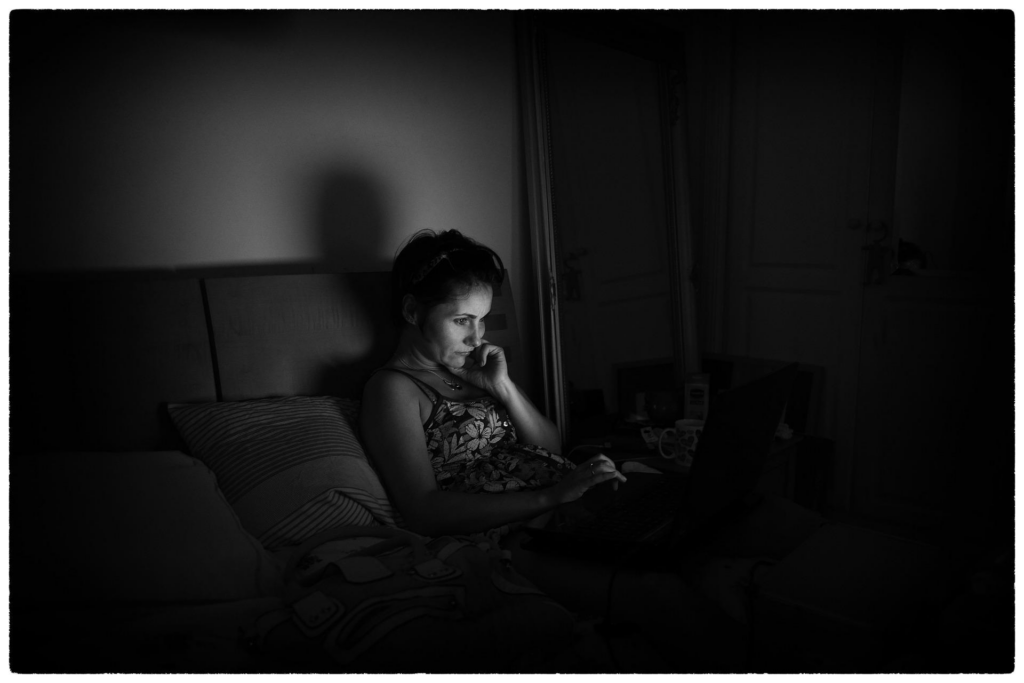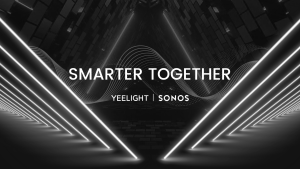
Do You Really Need a Lamp for Screen Reading?

Hassan Usmani
Yeelight Tech Expert & Blogger

Why do you need a lamp for screen reading? To begin with, since conventional hard copies have a horizontal reading orientation, we normally read them on a table. As a result, the design of light sources has mainly been illuminating in a vertical orientation. Screen reading, on the other hand, is a different story; the reading orientation is vertical, and the light source needed is not the same as a standard desk lamp.
Furthermore, the primary distinction between a monitor screen and a typical hard copy is that a monitor screen creates its own light, but a hard copy does not. That is, if we use a standard desk light to illuminate the monitor, the monitor screen will produce glare, affecting the health of human vision.
This article will look into why do we need proper light for screen reading and
why a monitor light bar is worth choosing in this regard. Let’s dive in!
1. To Avoid Screen Glare
When the light source of the desk lamp is shone on the screen, it is extremely typical to create a reflection, which is referred to as glare. As a result, the optimal light source design for a decent screen reading lamp is not directly exposed to the screen, decreasing discomfort caused by screen reflection.
Unlike traditional desk lamps, monitor light bars are constructed of small LEDs that are uniformly spaced over the surface. They don’t have the unpleasant glare that built-in lights on most computer workstations have.

If you spend most of your day seated in front of a computer screen, it is very important for you to have a monitor light bar to minimize any unnecessary eye strains that could cause headaches. Monitor light gives superior illumination in your workspace by directing a gentle light downwards rather than right in front of your eyes. They are ideal for people who spend extended periods in front of a computer or television screen and are prone to eyestrain and dryness.
2. Screen Light Bar is Better for Bigger Screen
A crucial aspect of screen reading is that the lamp’s arm should not obscure the screen. Traditional desk lights are generally single-armed, and the bevels may easily obstruct the screen. Regarding today’s huge screen and twin-screen trends, customers with monitors larger than 24 inches are advised to use a monitor light bar, which can be mounted on the top of your screen, with simply the lamp head and no hanging arms or lamp holders, saving desk space while blocking no screen area.
Last but not least, regardless of the kind of illumination you choose, you should select a flicker-free desk lamp, since strobe light quickly causes our eyestrain and may even make us dizzy.
A well-designed desk light will be an invaluable companion in your life, preserving your eyes and boosting your overall quality of life. The Yeelight Monitor Light Bar Pro was created to ensure your screen time pleasure.

3. Reading in Poor Light Damages Your Eyes
Check again the brightness of your digital screen in relation to your reading environment. As many publications, particularly student textbooks, are transitioning from paperback to digital, it’s crucial to remember that the lighting in the location you’re reading in should be as bright as or brighter than your digital device. As a result, avoid reading in dimly lit environments. Because your eyes are continually changing between the brightness of a screen and your poorly light surroundings. Reading from digital devices in a dark environment may induce pain, reduced attention, and confusion.
If you’re reading your computer screen in a gloomy room, you should definitely use ambient light to give the room enough illumination in general, or, choosing a monitor light bar can fix this issue just as well.
